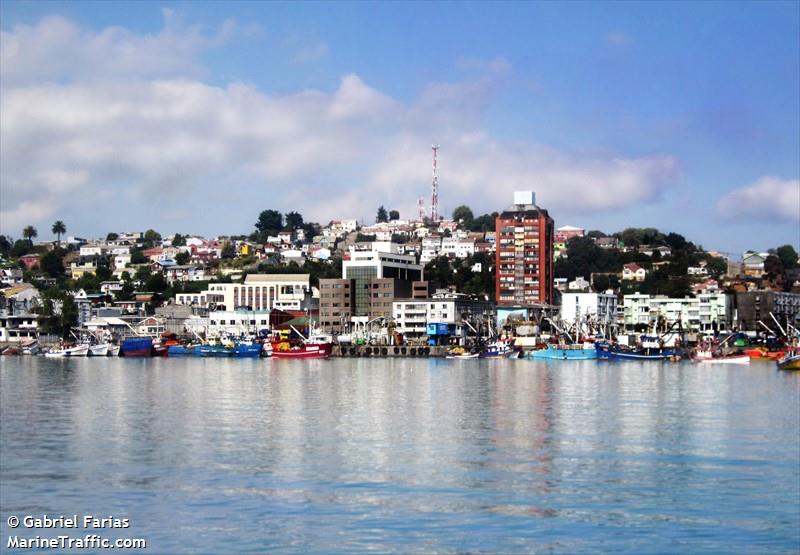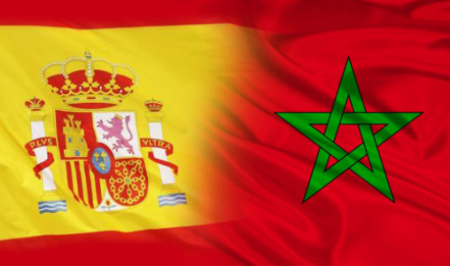 Members of the European Parliament adopted with an overwhelming majority the EU’s annual human rights report, which underscores the “significant progress” made by Morocco and chastizes Algeria for its “deplorable” human rights record.
Members of the European Parliament adopted with an overwhelming majority the EU’s annual human rights report, which underscores the “significant progress” made by Morocco and chastizes Algeria for its “deplorable” human rights record.
The EU report on human rights and democracy in the world in 2016 gives a broad picture of the EU’s human rights efforts towards third countries. The document is divided into a first part that sheds light on the human rights approach to conflicts and crises, main human rights challenges and human rights throughout EU external policies and a second part with a geographical scope covering EU actions in third countries, thus mapping in detail the human rights situation across the globe.
Concerning the Maghreb, a contrast was drawn by the EU between Morocco’s progress and Algeria’s regression when it comes to human rights.
Morocco, Reforms in Line with the 2011 Constitution
The report highlights the legislative reforms undertaken by Morocco to protect human rights, strengthen the rule of law and promote democratic practices as well as the actions taken to protect human rights including those of migrants and women as well as the reform of the judiciary and the penitentiary systems.
The EU document also commends Morocco for the reform of legal texts concerning the organic laws on the Superior Council of the Judiciary and on the Statute of Magistrates, the review of the Criminal Code and the adoption by the government of two organic laws relating to participatory democracy, i.e. the right of legislative initiative and the right of petition, adopted by the Parliament on 31 May 2016.
The report also underscores the launch of Morocco’s national anti-corruption strategy, a contractual framework of 10 programs comprising 239 projects across the sectors and bodies concerned.
On women’s rights, the document indicates that Morocco approved in 2016 the setting up of the Authority for Equality and Fight against Discrimination (APALD).
Concerning Morocco’s efforts to fight human trafficking and improve the living conditions of migrants, the report says that the Kingdom enacted the law against trafficking in human beings in August 2016, and that the laws on asylum and migration are at a draft stage.
The document also recalled that in 2016, Morocco has launched the second phase of regularization of illegal migrants.
“In 2016, the EU pursued its cooperation efforts in support of the reforms undertaken by the government,” the EU document adds, concluding that “in general terms, there has been a positive momentum on the legislative framework, with an important number of texts adopted or in the process of being finalized. The EU remains committed to supporting the reform process through an effective implementation of the Constitutional principles”.
Algeria, Backtracks on Freedom of Expression and Assembly
Algeria, for its part, was severely reprimanded by the EU in its annual human rights report. Algeria was notably criticized for the restrictions compromising the freedom of assembly and freedom of expression.
Meanwhile, the 2012 Associations Law “continues to pose challenges to the functioning of both local and international associations in Algeria,” explained the report, adding that several EU partners have not yet received the authorities’ permission to officially register as associations and therefore cannot properly operate in the country.
Algeria has also received scathing criticism from the European Council due to imposing restrictions on the right of assembly, where “permission for gatherings is systematically refused. Several human rights gatherings organized by associations were prohibited and their organizers arrested.”
The report also lambasted Algeria for failing to implement the International Labor Organization (ILO) Convention 87 on freedom of association and the protection of the right to organize with regard to the creation of independent trade unions.
“In 2016, the ILO recommended that Algeria ensure there were no obstacles to the registration of independent unions and reinstate public officials who had been dismissed on the grounds of alleged anti-union discrimination,” the report says.
Concerning the media, the European Council notes that despite the dynamic media landscape, “Algeria’s efforts to ensure pluralism and press freedom have not always met with official support in practice. Administrative issues such as the granting of operating licenses for media outlets, the issuing of construction permits or financing through publicity were used to put pressure on independent media. Despite recent constitutional amendments, public prosecutors continued to demand severe prison sentences for media offenses”.
The report gave the example of the restrictions facing several bloggers who were accused of defamation and condemned to serve prison terms. The document recalled that in 2016 Algeria ranked 129th in the World Press Freedom Index of Reporters without Borders.



